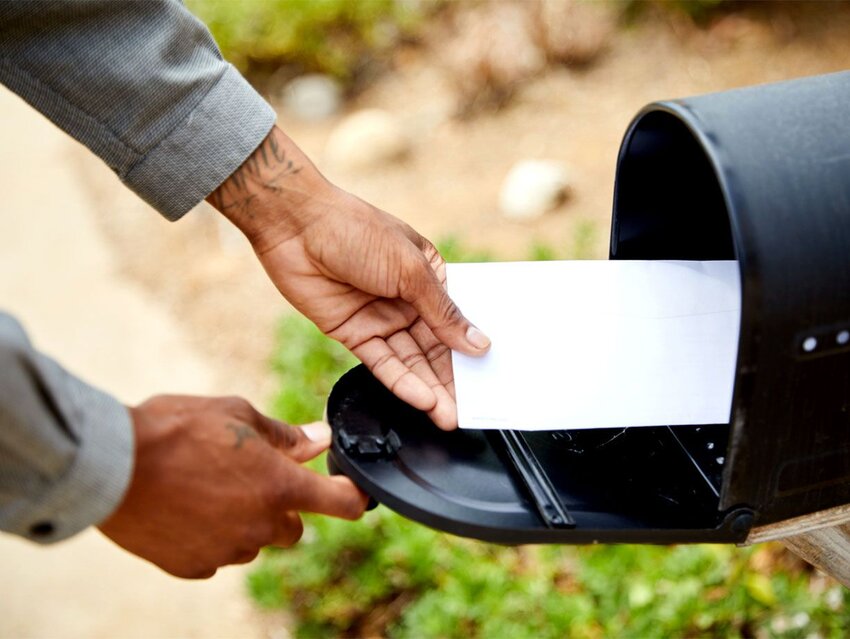“You’ve got mail.” “The check is in the mail.” “Snail mail.” “The mailman always rings twice” — well, that one is actually the “postman.” In most English-speaking countries, “post” refers to letters and parcels (the “postal system”). It can be used as a noun (“I sent the payment in the post on Thursday”) or a verb (“I need to post a payment”). But only in American English is the word “mail” used almost exclusively instead of “post” to refer to a personal batch of letters. Let’s take a closer look at the origins of “mail” and “post” and see how “mail” became so uniquely American.
A Traveling Bag
The word “mail” itself comes from around 1200, from the Middle English “maile,” meaning “a traveling bag, sack for keeping small articles of personal property.” This comes from the Old French male, meaning “wallet, bag, bundle.”
Sometime around the 1650s, the sense of the word was extended to mean “bag full of letters” or “person or vehicle that carries postal matter.” Etymologists think this likely occurred via phrases such as “a mail of letters” (1654). By the 1680s, its original connotations fell away in favor of “letters and parcels” more generally, and then by the 1690s, “the system of transmission by public post.”
You’ve Got Mail
It’s unclear why the usage of “mail” as “a personal batch of letters” developed only in America, but add it to the list of oddly different words in British and American English — “courgette” vs. “zucchini,” “aubergine” vs. “eggplant.”
The agencies that manage delivering letters and parcels make this linguistic journey just a bit more confusing. In the U.S., the United States Postal Service manages the delivery of mail. The people who deliver the mail have colloquially been called “mailmen,” but “mail carriers” or “letter carriers” are the preferred terms. One goes to the post office to send mail, yet mail arrives in the mailbox at home.
In the U.K., the company that manages the delivery of letters and parcels is called the Royal Mail, but in British English, those letters and parcels are called “the post.” However, there are still plenty of ways British English speakers use the word “mail.” British people, like Americans, refer to unwanted letters and packages as “junk mail,” an expression that first appeared in English in 1954. Those who send this sort of mail as a means of advertising, rather than receiving a box full of it, use the more euphemistic term “direct mail” to refer to the advertisements.
Finally, “mail” won out in regards to digital communications and email. While there is some dispute over who technically invented the technology, all parties were in the United States, which is perhaps why we don’t call it “e-post.”
Featured image credit: Goodboy Picture Company/ iStock

